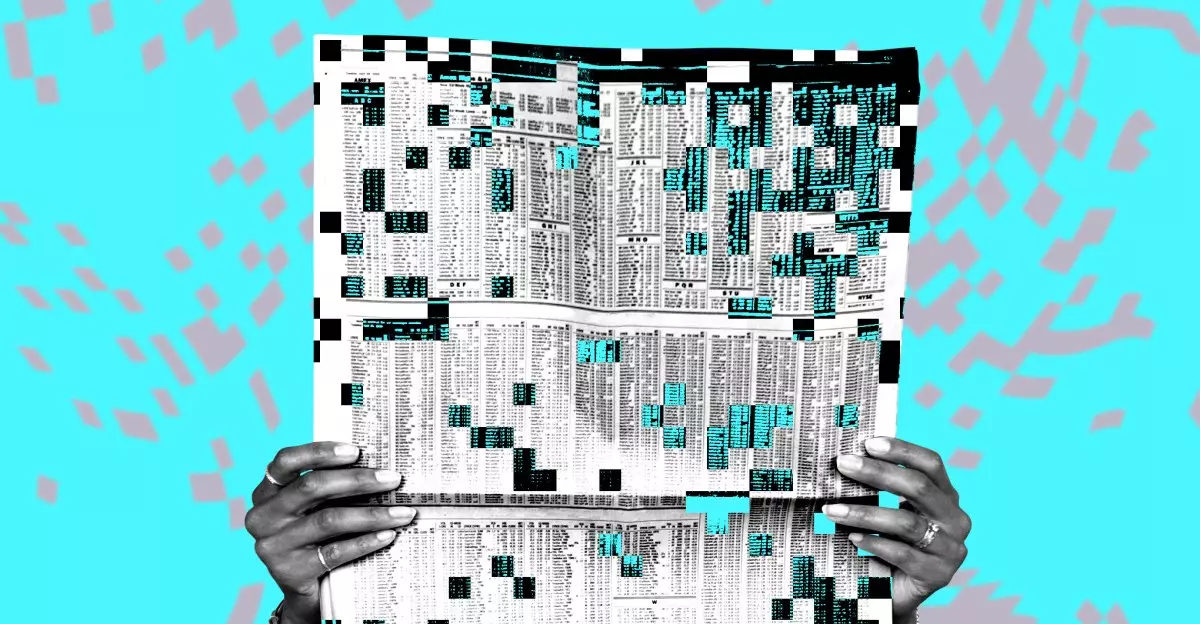In recent weeks, a notable coalition of publishers across the United States has ignited a robust campaign demanding that Big Tech firms fairly compensate creators for the content they utilize. With heavyweights like The New York Times, The Washington Post, and Vox Media at the forefront, the initiative adopts the strong tagline “Make Big Tech Pay for the Content It Takes.” This push is not merely a plea for financial compensation; it’s about safeguarding the integrity of creative work in an era increasingly dominated by Artificial Intelligence (AI) technologies.
The backdrop of this campaign is alarming: companies like OpenAI and Google have indicated to the government their intention to allow AI models to train on copyrighted materials without proper licensing or compensation. This threatens to undermine the very foundation upon which creative industries are built. The reality is stark—when AI leverages original content without accountability, it undermines the value of the creative process and jeopardizes the livelihoods of writers, artists, and journalists. As the media landscape evolves, we must critically assess how these technological advancements are impacting the economics of content creation.
Public Response and Legislative Action
The campaign, cleverly titled “Support Responsible AI,” deploys a multi-faceted advertising strategy, incorporating both print and digital mediums to raise public consciousness. Its message underscores the idea that the theft of creative work is fundamentally un-American, striking a chord with national sentiment around fairness and justice. By connecting emotionally with audiences, the campaign aims not just to rouse concern but to trigger action—encouraging individuals to reach out to their local representatives for supportive legislative measures.
Notably, the ads include phrases like “Keep Watch On AI” and “Stop AI Theft,” serving as rallying cries for the broader creative community. The campaign’s underlying message encapsulates the tension between technological innovation and the preservation of intellectual property rights. It’s a call to arms for anyone who believes in respecting the efforts of creators in a world governed by automated processes and machine learning.
Industry Insight: The Need for Balance
Danielle Coffey, President and CEO of the News/Media Alliance, articulates the nuanced position of the media industry, asserting, “We are not anti-AI.” This assertion underscores an essential truth: while AI can augment creativity, it should not come at the expense of the creators’ original works. The objective is to nurture a balanced ecosystem where technology enhances rather than exploits.
As the media landscape confronts these challenges, the call for AI literacy among tech companies is crucial. Mandating attribution in AI-generated content could serve as a stepping stone toward a more equitable arrangement. However, this will require collective vigilance and a commitment from not only legislators but also tech companies to acknowledge their role in fostering fair practices.
As the dialogue around AI’s impact on content creation intensifies, we stand at a pivotal juncture. The demand from publishers to make Big Tech accountable highlights a widespread recognition of the need for responsible AI practices that respect the rights of creators. In this rapidly evolving landscape, the conversations we shape today will ultimately dictate the future of creativity and innovation.

